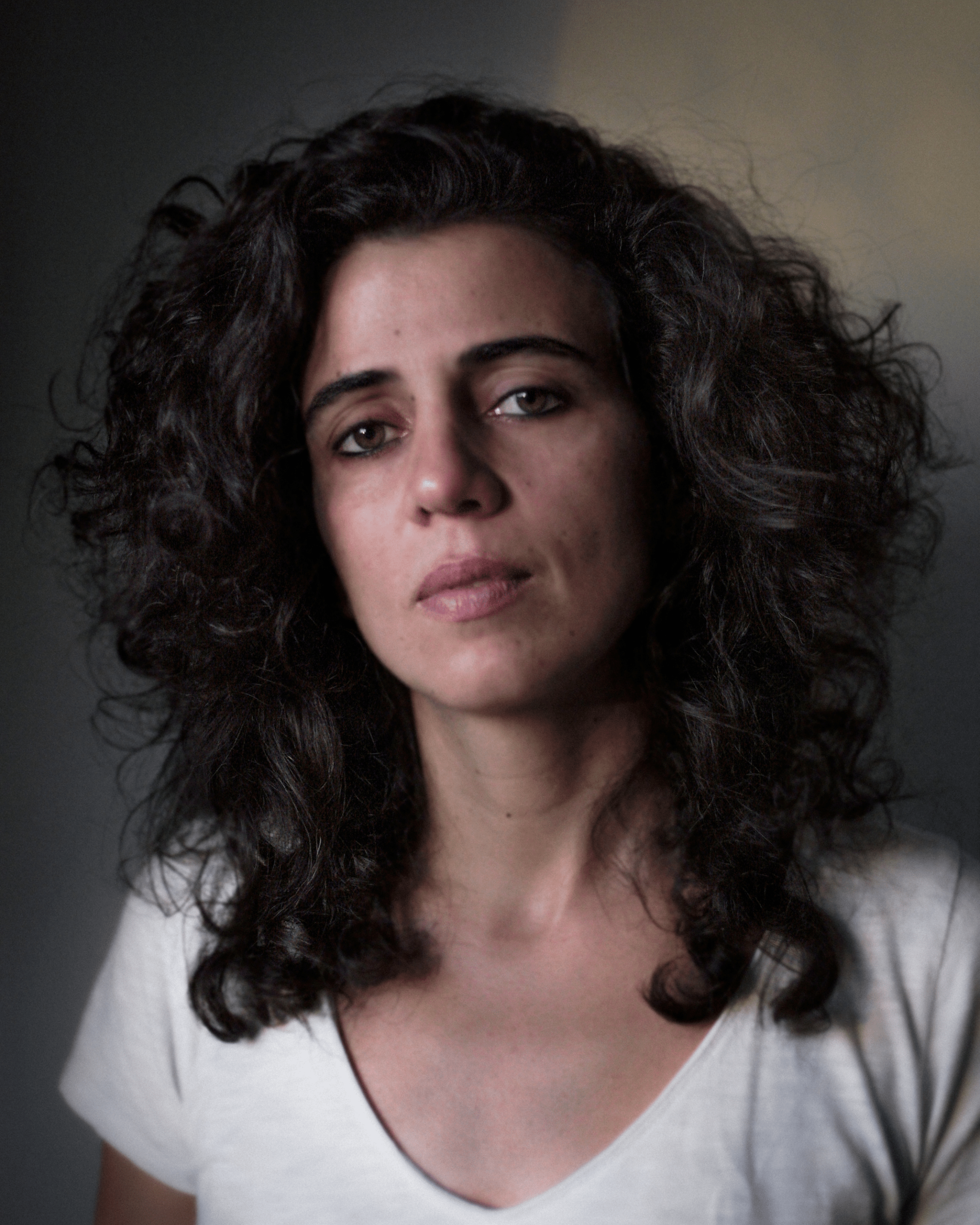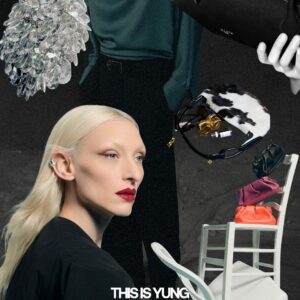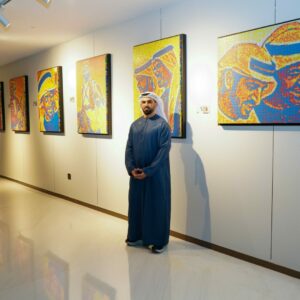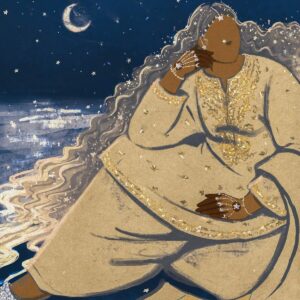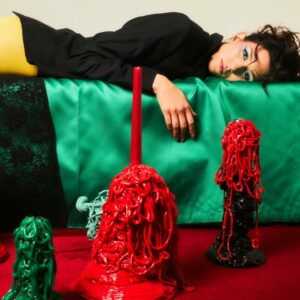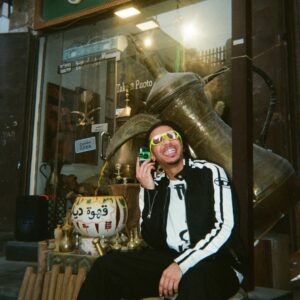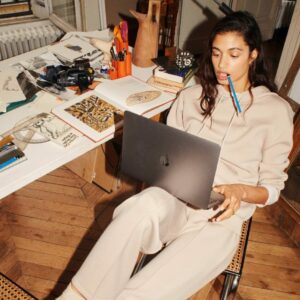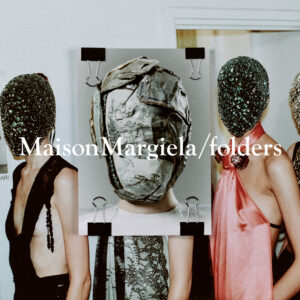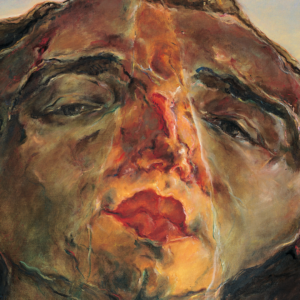Corine Shawi (Instagram) directed her first long documentary between 2000 and 2006 and has produced a number of pieces which explore themes such as the body, gender and friendship. Shawi has also been a consultant for International Media Support and the National Film School of Denmark and a teacher at Saint Joseph University in Lebanon.
What is your earliest memory of filmmaking as a child?
I adored nature documentaries as a kid and dreamt of making them while travelling the world.
Your journey into documentary filmmaking began with “Les femmes bonnes” and came from your observing the lives of Sri Lankan women. What drew you to this subject?
Doulika became an integral part of our family during the decade she stayed and worked with us. I began filming her in 1996, and when the 2005 tsunami struck Sri Lanka, I accompanied her to visit her family. Her life, language and culture fascinated me. I questioned the challenges she and other Sri Lankan women faced, working in unfamiliar places with inadequate pay and conditions. This film taught me to follow my instincts and embrace the unknown.
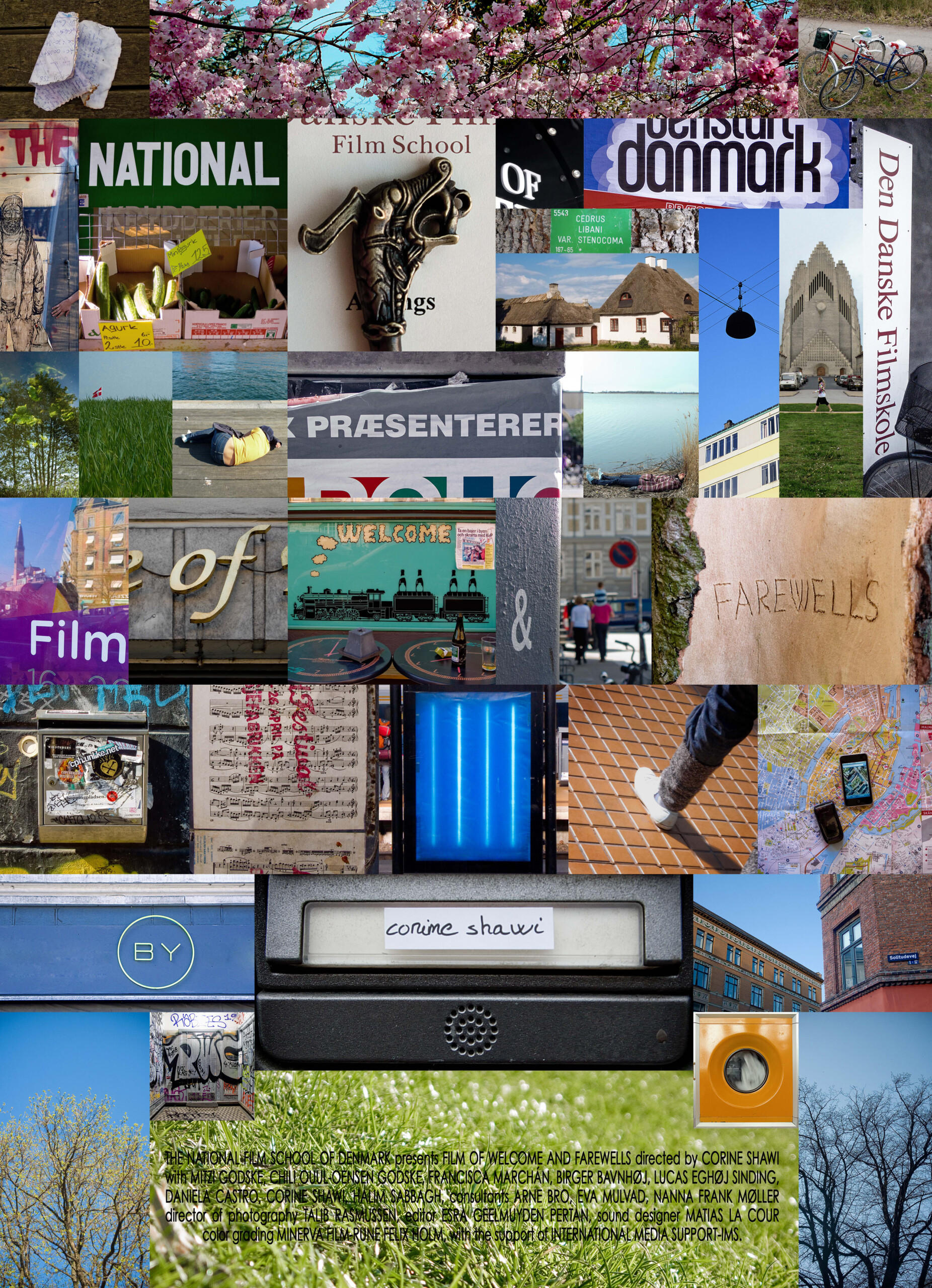
How do you balance the responsibility of capturing real lives while maintaining your artistic vision and message?
I film life as it happens, keeping it real and raw. My camera’s always ready, capturing those genuine moments, whether with family, friends, or even strangers who connect with my vision. Trust is essential in this process, especially when filming takes years. It is a work in progress, leading me to which moments I share and how I put them together. While editing, I often question how much to reveal, knowing that what’s left unsaid triggers the most curiosity and interest.
How has your experience as an educator and consultant informed your perspective as a filmmaker?
My filmmaking journey has significantly impacted my approach to teaching. I started giving courses as a young director , and I’ve been hooked for 12 years now! I love connecting with students, witnessing their growth and inspiration. I also co-created TAABIR, a film language workshop for Lebanese residents from diverse backgrounds and regions, using the camera for self-expression.
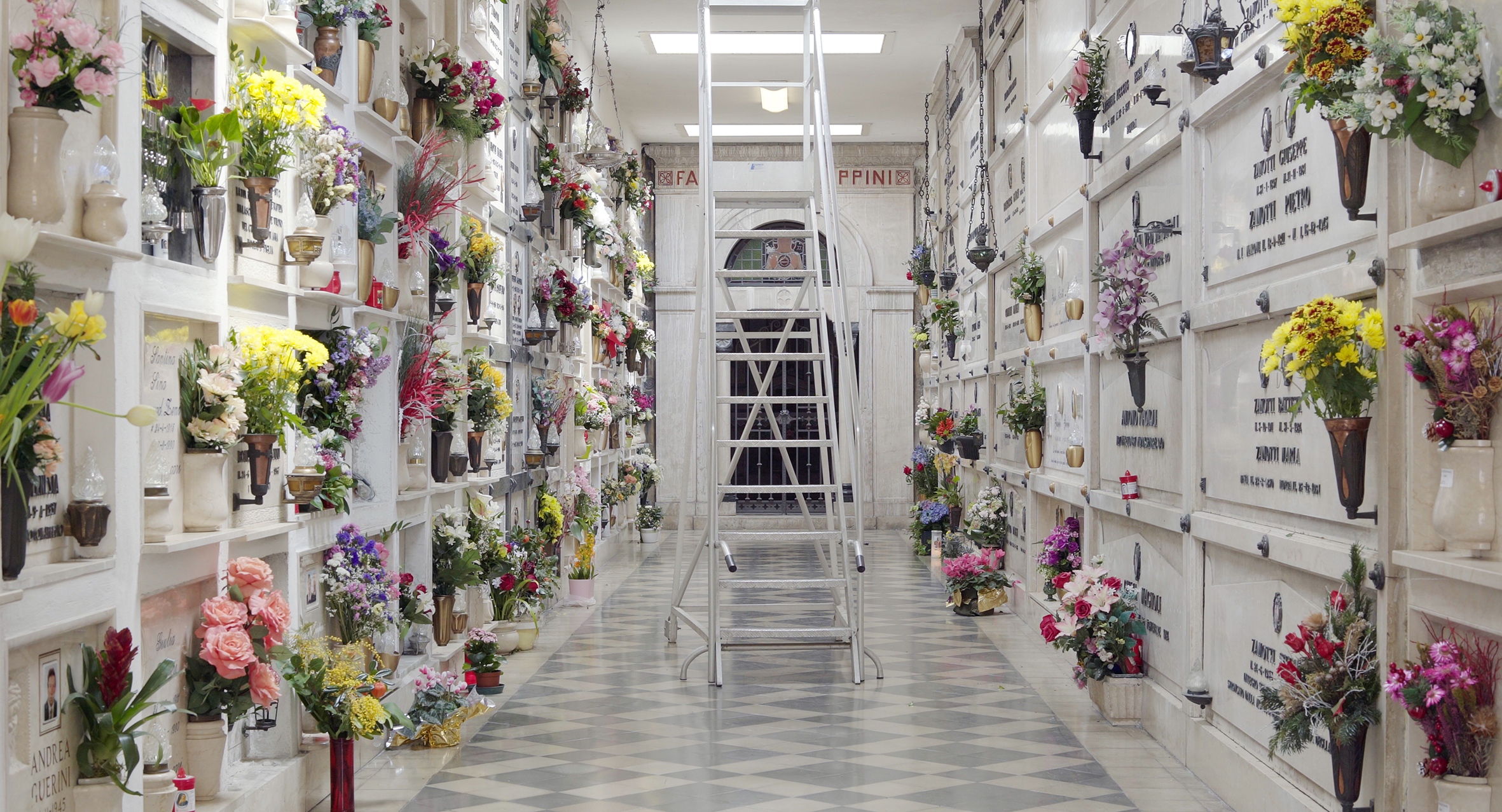
Documentaries often require a deep connection with the subjects and their stories. Can you recall a specific moment while filming that deeply touched you or changed your perspective on a particular topic?
In my film “e muet,” there’s an uncertain moment between me as a filmmaker and the woman I’m filming. The interaction is suggestive, with the seductive game left unresolved, letting viewers imagine what might unfold. Over the years, the character’s story underwent significant change, and I became part of it. I found myself wishing to experience these moments without filming them, leading to a complex question: Am I living or filming? I know by now that I capture life; films are life, and being unprepared for both brings unexpected miracles and pain.
For more arts and culture pieces, like this interview with Corine Shawi, explore our dedicated portal.
